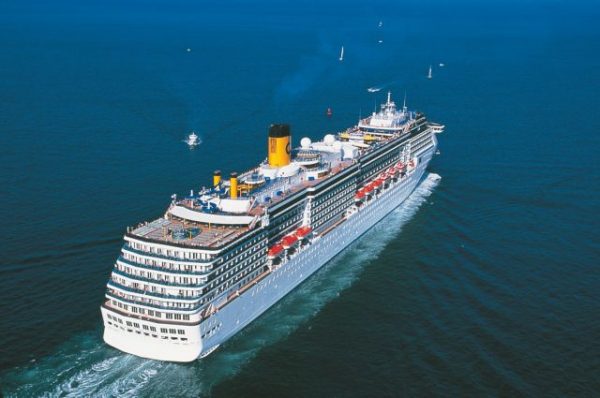He was adored and greatly honoured in the West, including with a Nobel Peace Prize, but was viewed with circumspection in his own country.
Mikhail Gorbachev, who died at 91, did not just take an entire era with him with his passing.
He kindled a dialogue on the current international geopolitical situation, as part of it is explained by events that he shaped.
What is certain is that a manichaeistic interpretation of his legacy will lead to wrong conclusions.
Certainly, he was a leader in an era of transition,
He contributed to the peaceful transition of a closed empire and a bureaucratic country with enormous endogenous problems into an open and new type of country, with the malaise and problems of such a transition.
All this occurred while the Cold War was still ongoing, with a nuclear threat, intense ideological disputes, and regional embroilments.
Yet, Gorby dreamt of and implemented perestroika and transparency, comprehending the predominance of the Enlightenment, an open society, and the free market and society.
That was no easy task, but it was necessary as history showed us, despite the fact that the succession of the USSR was no paradise of democracy, as later events demonstrated.
No one, however, can ignore or annul, with ideological fixations or shallow arguments, Gorbachev’s accomplishments.
As history will show, he discerned the signals of globalisation and all the signs of the dissolution of the Soviet model.



